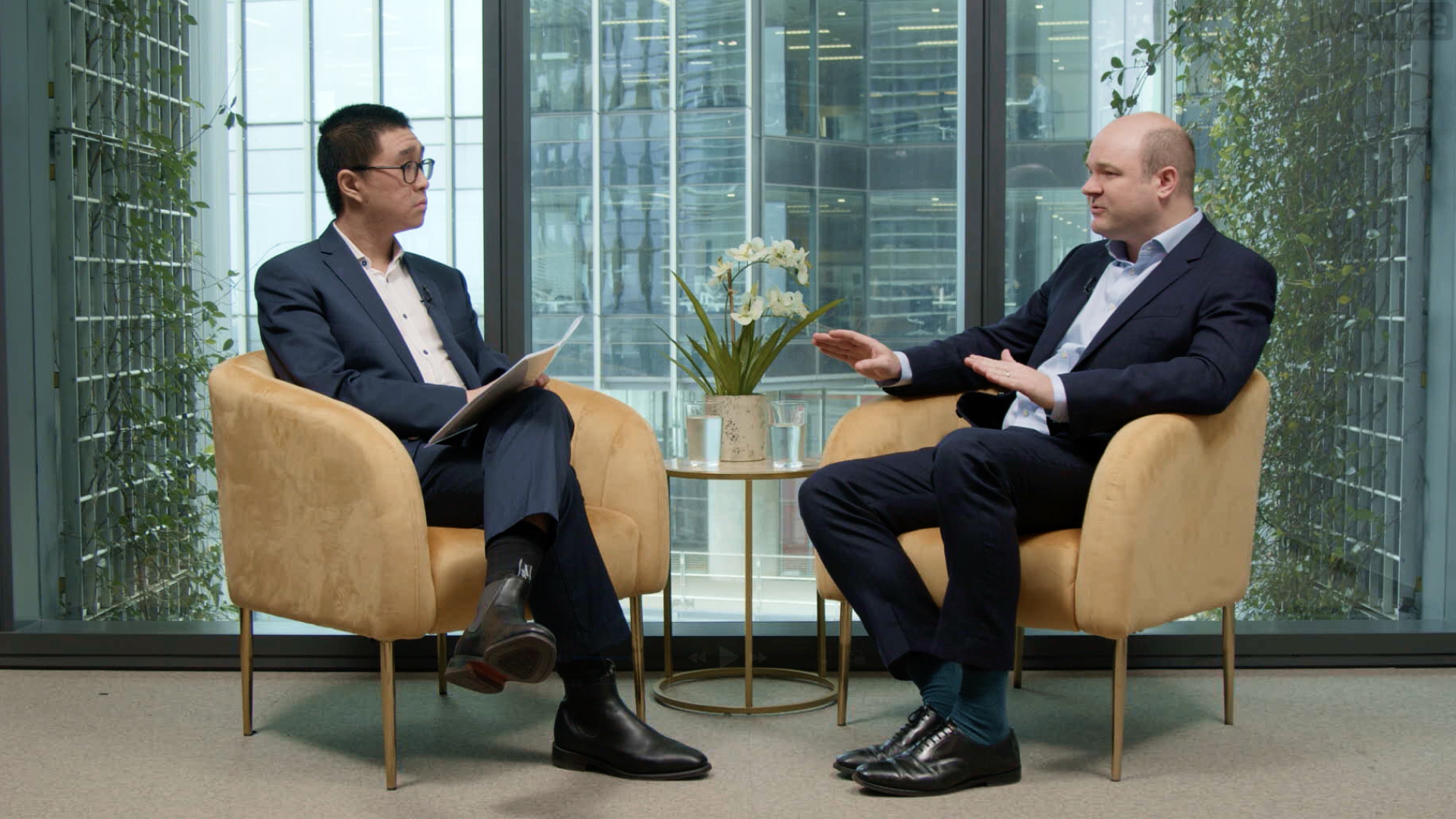2025 will provide a reality check for markets - and these assets could benefit the most
Note: This interview was taped on Wednesday 4 December 2024. Since this taping, the French government under Prime Minister Michel Barnier has collapsed.
When Harry Colvin, Senior Market Strategist at London-based Longview Economics, reviews the year that has passed, he keeps returning to one word: complacency.
"Our view is that there's a lot of complacency."
"Everyone seems to be very bullish on the equity market as we go into 2025. Strategists are falling over themselves to be bullish," Colvin says.
But the truth is, as Colvin points out, that reversals and rotations do happen in share markets. And often, when they occur, they happen quickly and savagely. It won't be the case that Nvidia is the leader of the corporate world forever, nor will AI be the talk of the town. Colvin says this AI-fuelled narrative, which dominated 2023 and 2024, will not last into 2025. Further, he expects that global equities will start to "crack" next year.
Why will equity markets crack next year?
Technical reasons, like waning investor participation and ultra-low cash levels, are a part of Colvin's argument. But fundamentally, there are more opportunities in the non-Magnificent Seven parts of the market than there have been in many years.
"What we're talking about is a return to equity volatility next year. Within that, where it gets interesting is the rotation idea," Colvin says.
"I think the Magnificent Seven starts to lose some steam," he adds while referencing the momentum in the share prices of Nvidia and the constituents of the US semiconductor stocks index.
Colvin is finding opportunities in small and mid-cap stocks (especially stateside), cyclical stocks, value stocks, and by geography, is even finding opportunities in what experienced investors have called the "PIGS" of the GFC (Portugal, Ireland, Greece, and Spain.)
What's the biggest risk for investors heading into 2025?
Without hesitation, Colvin still believes that inflation is the biggest risk heading into next year - and in particular, whether a second Trump administration will introduce policies that have a lasting negative impact on prices. But Colvin's view is that tariffs may not have as drastic a legacy as markets are currently bracing for.
"Our back-of-the-envelope numbers tell you that if you do a 15% blanket tariff on all imported goods and services ... we think the total CPI goes up by 1.3% but it's a one-off increase on the price level. It rolls off a year later," Colvin argues.
He adds that the impact of any further tariffs this time will be similar to that of Trump's first administration from 2016 to 2020.

In this edition of Views from The Top...
Colvin takes us through his base case for 2025, the biggest risk to his inflation call, and where he is finding opportunities across fixed income and commodities as well as in the equity markets. Stay tuned for his View from the Top, which provides a sage reminder of the value of courage as an investor.
Timecodes
- 0:00 - Intro
- 0:44 - What theme or moment stands out to you from markets this year?
- 2:17 - Why 2025 will be the year for a major equity market rotation
- 3:14 - What will markets be most concerned about in 2025?
- 4:12 - The real impact of tariffs on inflation
- 5:23 - What is the biggest risk to the disinflation trend thesis?
- 6:42 - Why markets are discounting the political risks in Europe too much
- 10:27 - Will stock market leadership change in the next 12 to 18 months?
- 12:35 - What is your view on fixed income as an investment opportunity next year?
- 13:43 - What commodities are you bullish and bearish on next year?
- 15:02 - Colvin's View from the Top
3 topics
1 contributor mentioned


